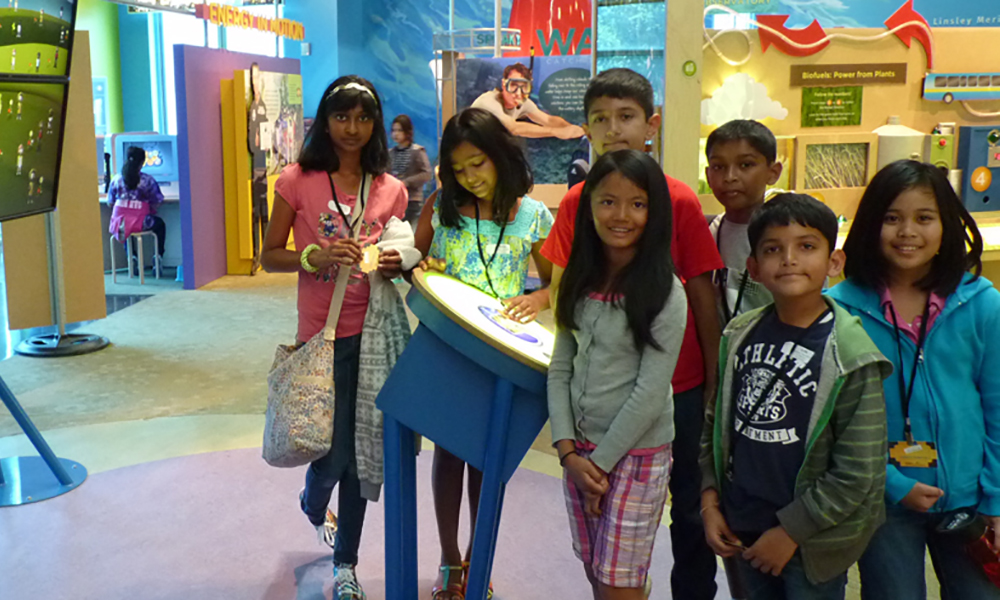A study facilitated by ‘Noyce Foundation‘, ‘After School Alliance‘, and ‘Pear Program in Education, Afterschool and Resiliency’ in July, 2014, reaffirms the belief of Riverdales STEM Summer Camp, K-8 in Fremont, CA, that STEM programs engage the interest of students in the process of investigation and learning, build their affinity to sciences, and this relationship, in long term helps the students develop skills in STEM fields, which offer a wide variety of careers. These professions have significant gaps in availability of skilled manpower.
The study states that outside school, STEM programs impact indicators of learning in the following order:
- Active participation in STEM activities
- Curiosity about STEM topics, concepts or practices
- Ability to productively engage in STEM procedures of investigation
- Awareness of STEM professions
- Ability to exercise STEM relevant life and professional skills
- Understanding the relevance and importance of STEM in society
Riverdales STEM Summer Camp, Fremont, offers the following STEM programs:
- Hands-on Science experiments in life sciences and physics.
- 3D Printing
- Design, 3D Animation, Interactive video, Audio
- Computer Programming, Html, CSS
- Robotics engineering
- Preparation for Math Olympiad
- Preparation for AMC , American Mathematics Competitions, organized by Mathematical Association of America.
Riverdales believes, that STEM summer camp programs successfully engage large numbers of students, and they gain real skills to productively engage in STEM procedures of investigation. Youth learn essential STEM-relevant life and career skills, and understand the value of STEM in contributing to society and solving real problems. They begin to see how STEM intimately connects with their everyday lives. Youth display an increased awareness of career options, as well as a nuanced understanding of those careers.
Riverdales STEM Summer Camp, Fremont, believes, and which is also reaffirmed in the study conducted by Wai et al. (2010), in the importance of increased STEM “dosage”. Per the study, added exposure to opportunities for STEM classes, such as competitions, led mathematically talented students to greater STEM achievement than their counterparts.
The results from 2009 National Assessment of Educational Progress (NAEP) in science showed that 4th graders who participated in “hands‐on science related activities” and 8th and 12th graders who did “science‐related activities outside of school” showed a significant increase in test scores compared to those who did not participate in science activities. Students involved almost daily in hands‐on science, both in‐ and out‐of‐school, scored better on the 4th grade assessment than those who participated only once or twice a month. It appears that the dosage made the difference.

